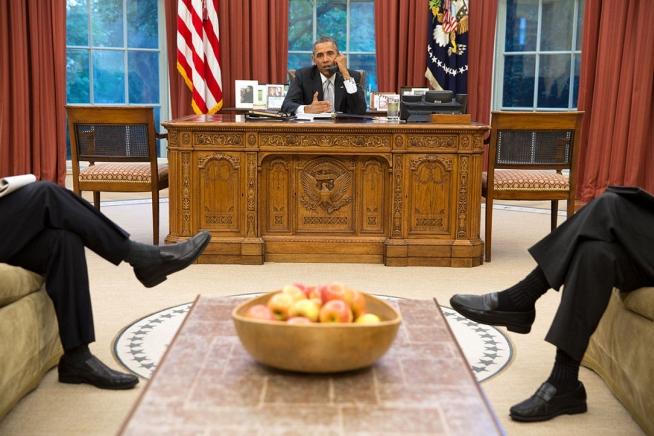Call me a bleeding heart, but I don’t think I’m the only one who feels that something simply must be done about the Syrian chemical weapons attacks. I’m not the only normally peaceful soul who hopes that in the next few days the United States will lead a very short and limited military strike against Syrian military facilities. I say those words ‘feel’ and ‘hope’ deliberately because these are largely emotional responses borne of the images and stories of what happened in Ghoula to hundreds of civilians. Indeed, a fair bit of a similar emotional dread was behind the banning years ago of chemical weapons in an international convention that Syria refuses to sign. And US Secretary of State John Kerry’s description of the gas attacks as a ‘moral obscenity’ seems spot on in this context. As a way of venting of that moral outrage, a small volley of cruise missiles sent off by the United States would make it clear that this sort of action, even in the midst of an already barbaric civil war, simply won’t be tolerated.
But as the days have gone by since the chemical weapons attacks took place, it’s noticeable how many commentators have been warning Mr Obama of the riskiness of this endeavour. These aren’t just the geopolitically-inspired criticisms from the Russian government, the Assad regime’s apologist in chief. Aaron David Miller’s list of three points for the President to ponder is just one example of the clear and rational thinking about America’s interests that is going on here. Again I’ve chosen those words ‘clear’ and ‘rational’ very deliberately. The questions being posed are eminently reasonable ones: ‘What strategy will guide these limited strikes?’ ‘What happens if the Assad regime repeats the atrocity?’ ‘What might Iran do?’ ‘Can the United States really just send a few cruise missiles in and hope that will be the end of it?’ ‘Will we end up owning a dreadful civil war in Syria?’
Perhaps these are just the sort of cool and calm questions, which reflect the application of reason rather than emotion that should guide us. Hedley Bull once argued that you shouldn’t ask strategic analysts to come up with moral answers. That’s not our job. But he also implied that all strategic questions become moral ones. As soon as you start asking about the purposes of action, ie ‘why should we do this?’, you are in ethical territory. This applies whether your purposes are the emotional and value-laden ones that could figure largely in the coming missile strikes or the rational aims of national interest that figure in the growing chorus of unease.
There might just be a point at which reason and emotion might meet together. A chemical weapons attack of the type perpetrated in Syria is an assault on common (or reasonably common) international values that it’s our interests to protest in an especially strong fashion. We might then hope that a carefully calculated demonstration of outrage might help deter further such events. It could of course make things worse. But if it were me, I’d take that risk.
Robert Ayson is on research leave from Victoria University of Wellington at the ANU’s Strategic and Defence Studies Centre. Image courtesy of White House.
